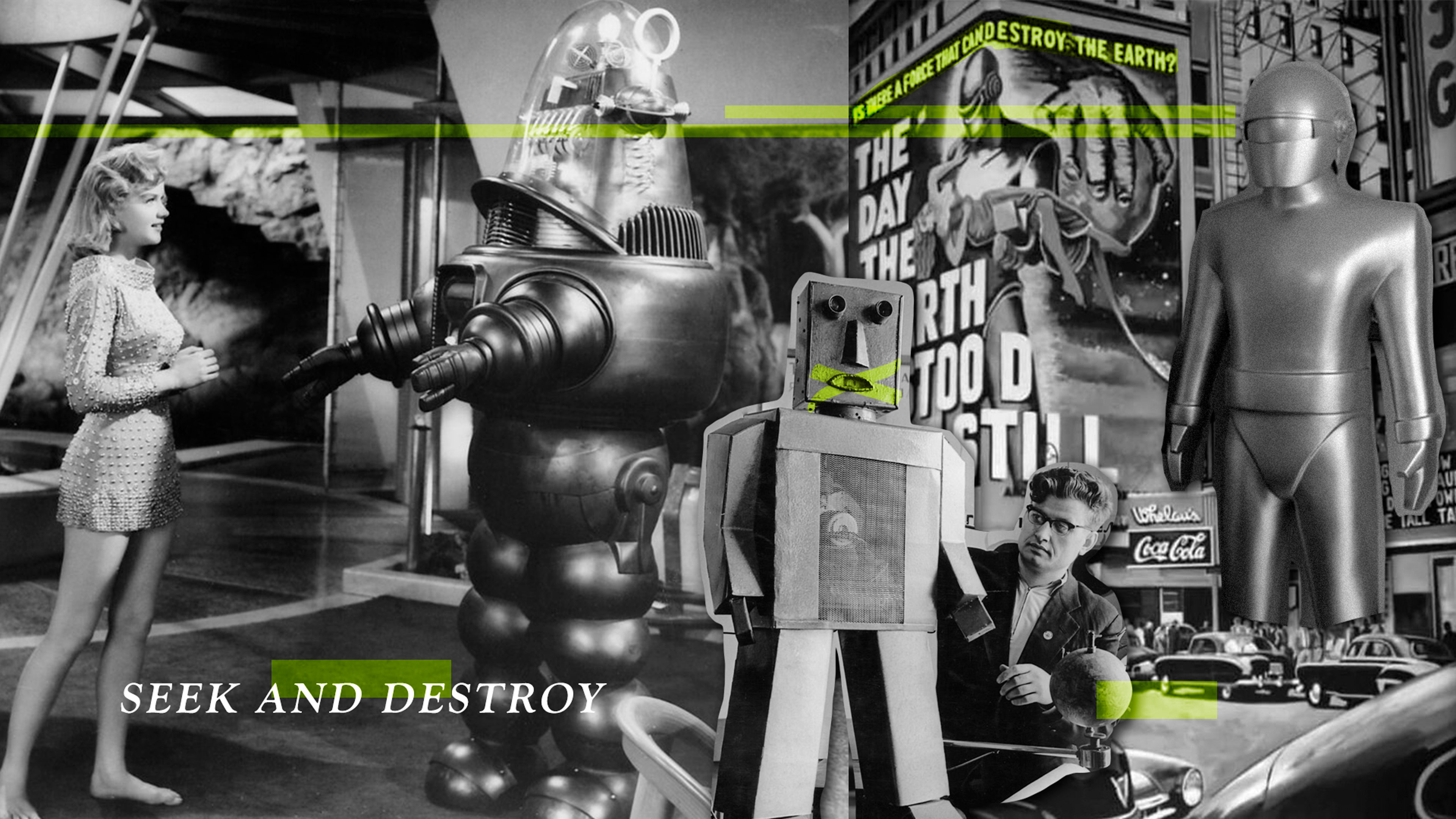

The Robots Are Coming
January 11, 2020
Actually, the robots are already here. Embedded in our systems for commerce, communication, healthcare, and finance (just to name a few), artificial intelligence is already part of our daily lives, whether we realize it or not. AI technology becomes more advanced each day as new capabilities emerge, and breakthroughs occur. Without much regulation currently in place, public opinion has shifted from mild interest to moderate alarm. But how real is this threat? What is actually going to affect us in our daily lives?
Recently, lots of media attention has been paid to the threat that artificial intelligence poses to the job market. Retail, customer service, data analysis, and assembly line functions were some of the first areas to make changes. The argument that AI supporters make is that although many lower-paying jobs will become obsolete, many MORE higher-earning opportunities will open up. But it appears that these lower paying jobs may not be the only ones in jeopardy.
Shots Fired
In 2017, McCann, a global ad agency, announced that they had successfully created an artificially intelligent Creative Director robot in their Japan office. As you may imagine, I was oozing with skepticism and a little offended by the storyline. I suspected it was a half-hearted PR stunt just to get noticed by some potential high-rolling tech prospects. But as I continued to read, I learned that they had launched a contest for an AI Creative Director to face off against a human Creative Director in a battle for the most successful advertisement. My heart sank when I learned that the robot prevailed over the human with 54% of members from a blind test group voting for the AI Creative Directors’ ad and 46% voting for the human’s. A narrow margin, but a win’s a win, especially when you’re a robot.
This sent me into a brief tailspin of self-reflection. Does it make sense? Could a robot be better than me? With the help of AI, that robot can aggregate billions of points of data, analyzing and identifying real time trends before I could even boot up my MacBook. Twenty years of experience for a veteran human Creative Director would seem like almost nothing in comparison.
But this small victory does not fully declare the winner of the war between man and machine. If the AI CD can only make its decisions by analyzing data from current and past trends, how could it possibly inject ANY unique thought or originality? The DEFINITION of creativity is originality. Anyone with a computer can replicate what’s been done already. It takes real talent to push through new ideas that solve problems and correctly predict what will resonate with the right audiences.
Uh-oh
I recently checked in with AI CD to see how it was doing and came across this story, “McCann Japan’s AI Creative Director Suggests ‘School Motif’ and ‘Objectification’ for Girl Group’s Music Video”. Yikes. Looks like we’ve hit another snag in the logic behind machine learning! The AI CD will learn from digital data and examples that you feed to it, which comes from an existing pool of all the wonderful grime you can find on the internet. Do you remember Microsoft’s attempt to create a Twitter-bot? It used AI principles to self-teach itself communication by scanning existing content on Twitter. Long story short, they shut it down within 24 hours because it quickly became insulting and racially offensive, among other things.
A robot can’t make moral judgements on whether it should or shouldn’t do something. It can’t weigh psychological consequences or cultural impact. Can it determine success probability? Yes, but it doesn’t understand feelings or how you can appeal to them. In this CNN article that addresses the AI movement and its near impact, MIT researchers Andrew McAfee and Erik Brynjolfsson state that, “to work effectively with people’s emotional states and social drives will remain a deeply human skill for some time to come.”
Why is this? Because the human condition is unpredictable, and as humans, we can better understand the human mind. This includes instincts, motivations, fears, etc., and thus, makes humans more effective creative directors. McAfee and Erik Brynjolfsson go on to explain that, “…creativity springs, in large part, from understanding the human condition. We see nothing to indicate that we’re getting close to digitizing this understanding.”
Congratulations, AI CD! You’ve discovered that sex sells! But can you take a more substantive approach that builds a stronger foundation for a company and their product or service? Something that will last? Something that nobody has thought of yet? A creative director’s mission is not just to sell. It’s about telling a unique story and building a brand while connecting with others that share similar goals. For these reasons, I’m resoundingly confident that my human brain is better at being creative than a machine… at least for now.
If you have a problem that needs a creative solution or if you’re a robot and would like to challenge me to a creative duel, please reach out!